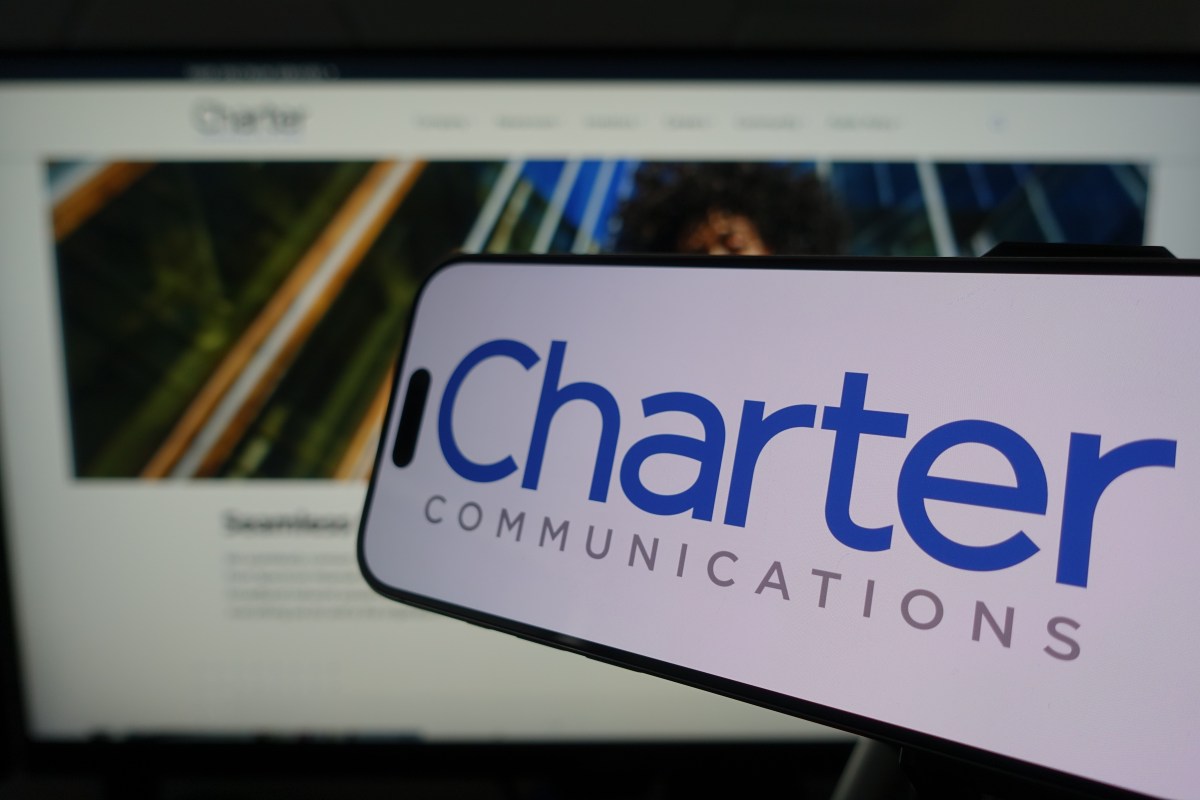Unveiling the $34.5 Billion Merger: Charter and Cox Communications Join Forces
In a historic deal set to redefine the telecommunications industry, Charter Communications and Cox Communications announced a $34.5 billion merger on [current date]. The agreement, which combines two of America’s largest broadband providers, aims to enhance service offerings, expand nationwide coverage, and intensify competition in an increasingly consolidated market. The merger is expected to close by late 2024, pending regulatory approval.
A Strategic Power Play in Telecommunications
The Charter-Cox merger creates a combined entity serving over 35 million customers across 41 states, making it the second-largest broadband provider after Comcast. With Cox’s stronghold in the Southeast and Charter’s Spectrum services dominating the Midwest and Northeast, the partnership fills critical geographic gaps for both companies.
“This isn’t just about scale—it’s about creating a next-generation infrastructure capable of delivering 10G speeds to 90% of our footprint within three years,” said Charter CEO Chris Winfrey in a joint press conference. The companies plan to invest $15 billion in network upgrades through 2026.
Market Impact and Consumer Implications
Industry analysts project the merger will:
- Reduce operational costs by $3.2 billion annually through synergies
- Accelerate rural broadband deployment by 18 months versus previous timelines
- Introduce competitive pricing bundles combining Charter’s mobile services with Cox’s home automation solutions
However, consumer advocacy groups voice concerns. “When two giants merge, history shows customers typically face higher prices within 24 months,” warned Consumer Reports telecom analyst David Butler. “The DOJ must scrutinize this deal’s impact on local market competition.”
Regulatory Hurdles and Antitrust Considerations
The merger faces significant regulatory scrutiny, particularly regarding:
- Overlap in 12 metropolitan areas serving 6.7 million households
- Potential impacts on wholesale pricing for competing MVPDs
- Job consolidation affecting an estimated 8,000 positions
FCC Commissioner Brendan Carr offered cautious optimism: “While scale enables infrastructure investment, we’ll ensure consumer protections remain paramount. The commission will evaluate whether this merger serves the public interest beyond shareholder interests.”
Technological Advancements on the Horizon
The combined technical assets position the new entity to lead in three key areas:
- Symmetrical multi-gigabit speeds: Leveraging Cox’s DOCSIS 4.0 trials and Charter’s fiber expansion
- AI-driven network optimization: Combining Cox’s predictive maintenance systems with Charter’s customer analytics
- 5G convergence: Expanding Spectrum Mobile’s reach using Cox’s 600MHz spectrum holdings
Research firm MoffettNathanson projects the merged company could capture 38% of the U.S. broadband market by 2027, up from the current combined 31% share.
Stakeholder Reactions and Workforce Transition
Employee unions have secured preliminary agreements guaranteeing:
- No layoffs for frontline technicians through 2025
- $200 million retraining fund for affected corporate roles
- Enhanced benefits for the combined 125,000-person workforce
Investors cheered the news, with Charter shares rising 7% and Cox’s private equity backers reportedly securing a 20% premium on their holdings. The deal structure includes $12 billion in assumed debt and a 55/45 stock-cash split.
What Comes Next: The Road to Integration
The companies outlined a phased integration plan:
- Regulatory approval phase (6-9 months): Divestiture planning for overlapping markets
- Technical integration (2025): Network interoperability testing and billing system consolidation
- Brand unification (2026): Potential retirement of the Cox brand in favor of Spectrum
As the telecommunications landscape continues evolving with fiber expansion and satellite broadband competition, this merger may trigger further consolidation. Industry watchers suggest Altice USA and Mediacom could become acquisition targets.
For consumers wondering how this affects their services, both companies emphasize no immediate changes. Customers should monitor official communications and compare options as new packages emerge. The coming months will reveal whether this blockbuster deal delivers on its promises of better connectivity or reduces competition in critical markets.
See more Business Focus Insider Team

